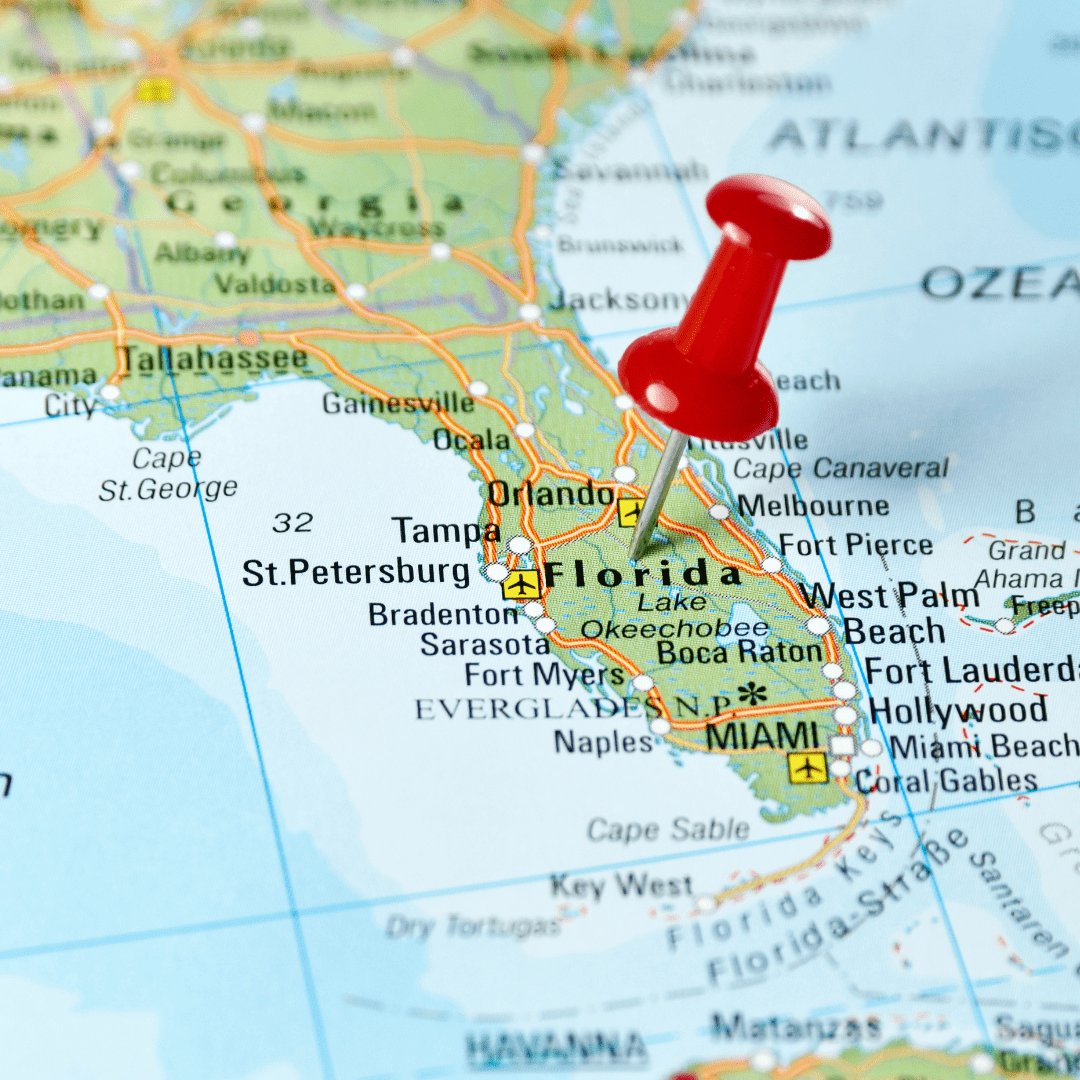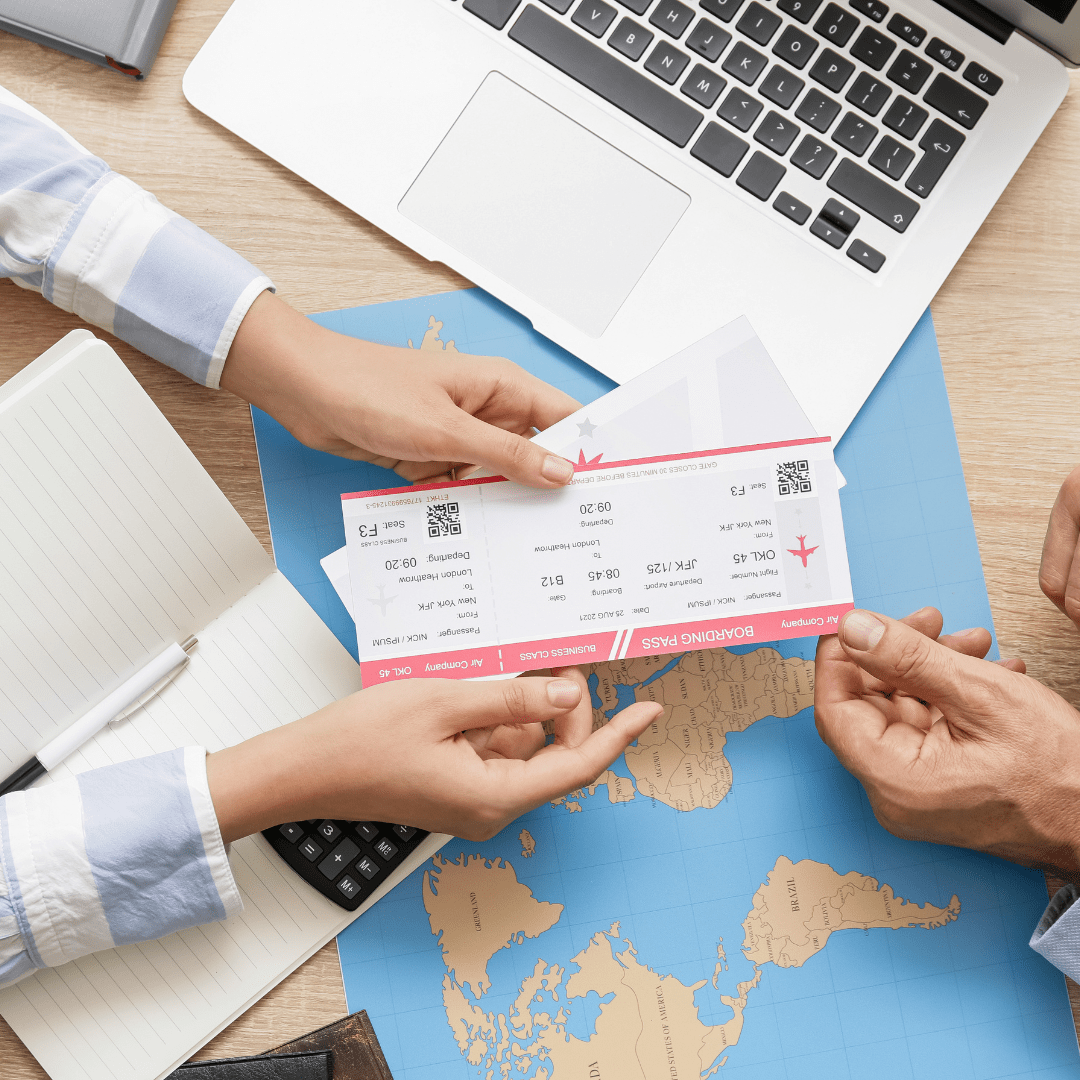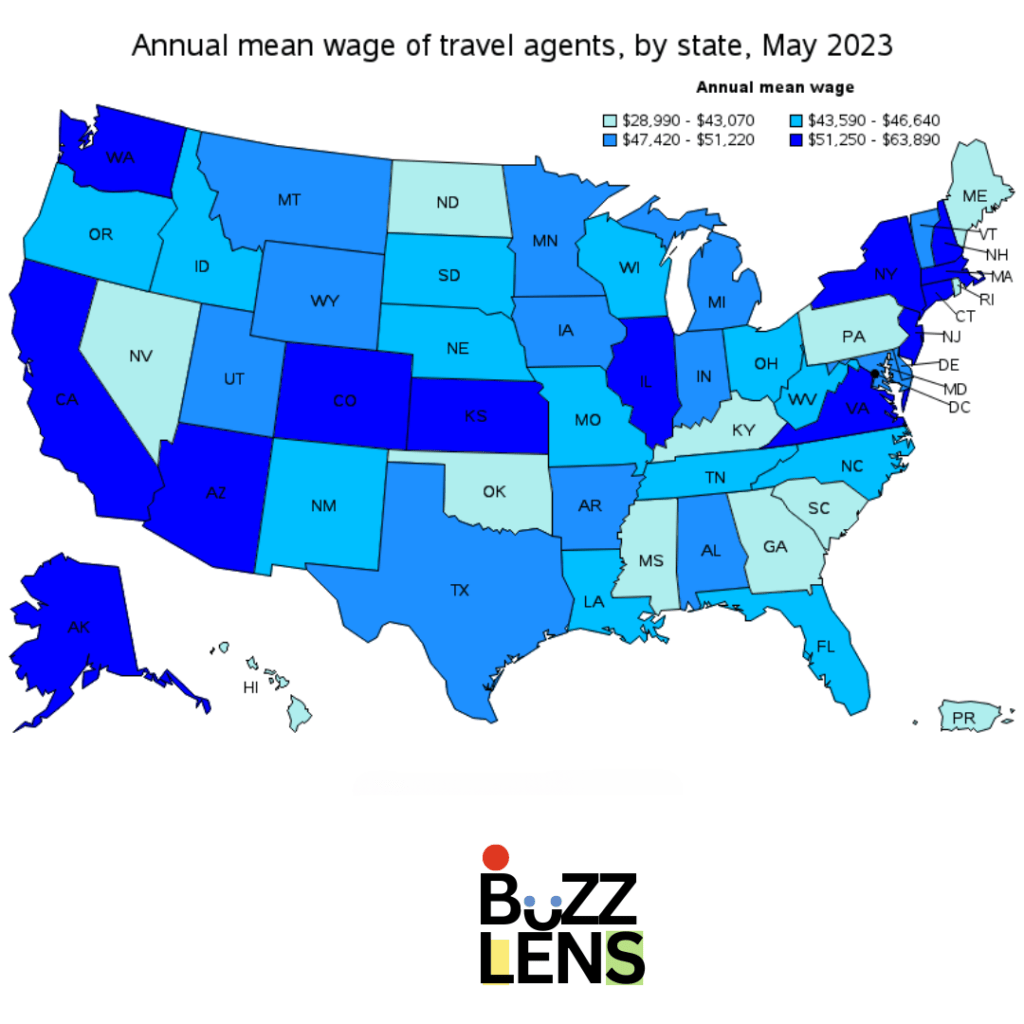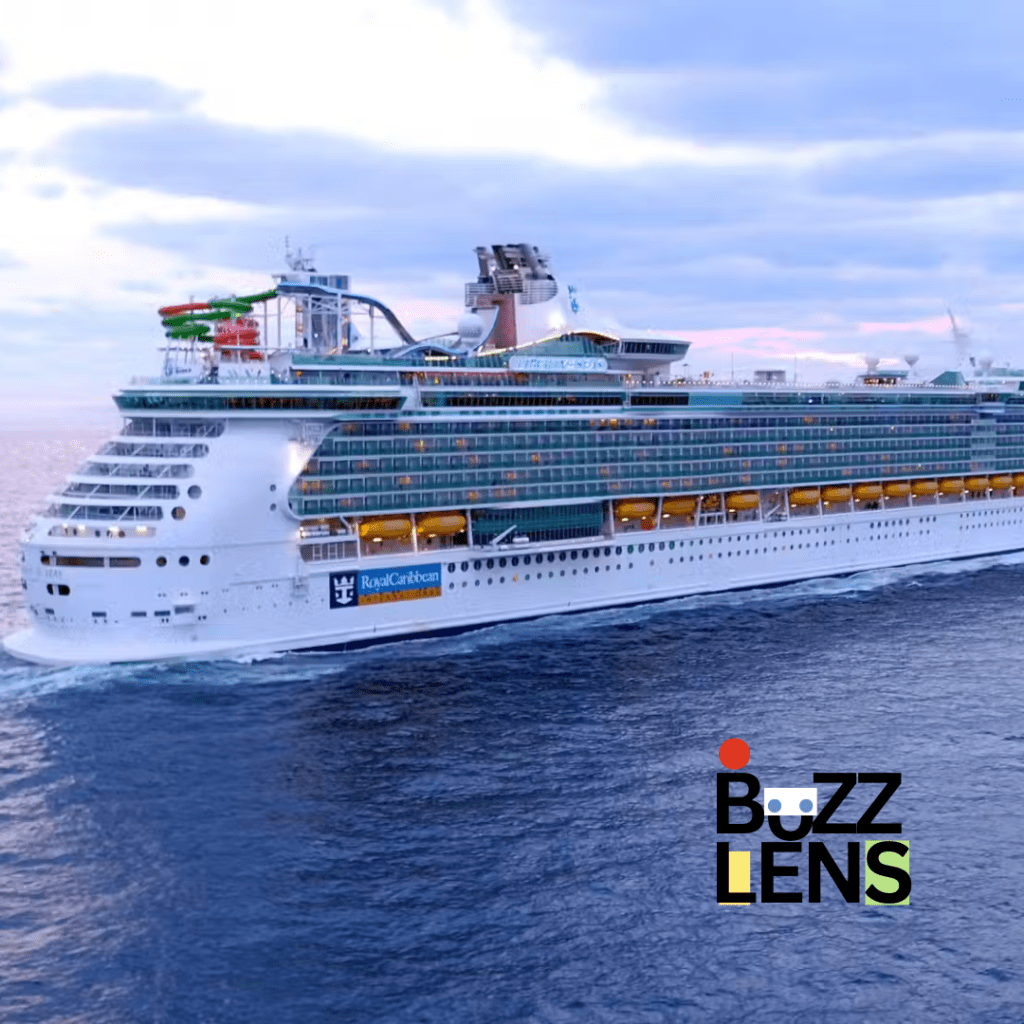Miami, known for its vibrant culture, beautiful beaches, and lively nightlife, is a top travel destination for people around the globe. But before you pack your bags, it’s essential to understand Miami weather patterns to ensure you have the best possible experience.
Whether you’re planning a beach vacation, a culinary tour, or a visit to Miami’s art scene, knowing what weather to expect will help you make the most of your trip.
In this guide, we’ll explore the best times to visit Miami based on its seasonal weather, and how to prepare for your adventure.
Miami Weather Overview
Miami enjoys a tropical monsoon climate, characterized by hot, humid summers and warm, dry winters. This makes Miami an attractive destination year-round, but the weather can vary significantly depending on when you visit.
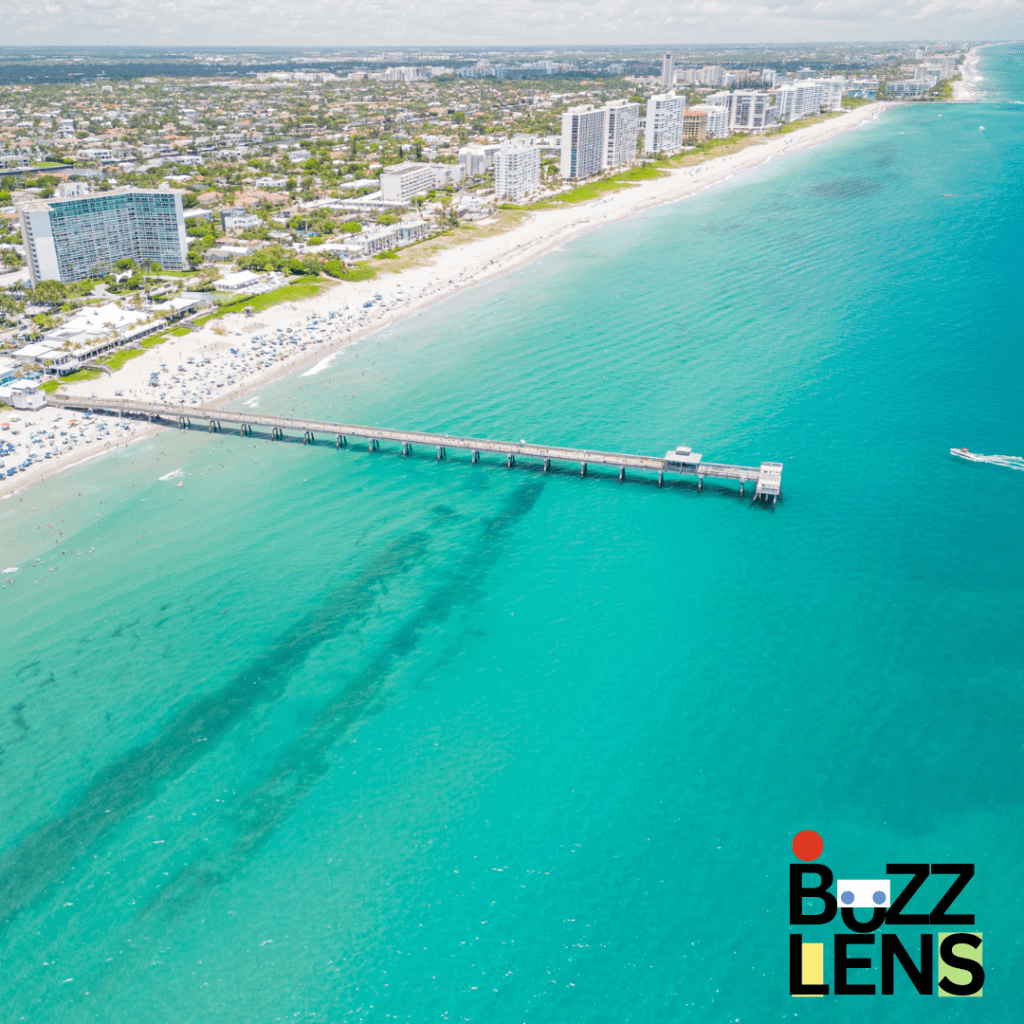
Summer (June to September): Hot and Humid
Summer in Miami is hot and humid, with temperatures typically ranging from the mid-80s to low 90s Fahrenheit (around 29-35°C). Humidity levels are high, often making it feel even warmer.
This season also coincides with Miami’s rainy season, where afternoon thunderstorms are frequent. Despite the rain, summer is a popular time for beachgoers and those looking to experience Miami’s vibrant nightlife.
However, travelers should be prepared for potential hurricanes, as the Atlantic hurricane season runs from June to November.
Travel Tip: If you’re visiting Miami in the summer, pack lightweight, breathable clothing, sunscreen, and an umbrella or rain jacket. Stay hydrated and take advantage of early mornings or late afternoons for outdoor activities to avoid the peak heat of the day.
Fall (October to November): Warm and Less Humid
Fall in Miami brings slightly cooler temperatures and reduced humidity, making it more comfortable for outdoor activities. Temperatures during this time range from the mid-70s to mid-80s Fahrenheit (24-29°C).
The hurricane season winds down, and the chances of storms decrease significantly by November. This is an excellent time to explore Miami’s outdoor attractions, such as the Miami Beach Boardwalk, Vizcaya Museum and Gardens, and Everglades National Park.
Travel Tip: Fall is a great time to visit Miami if you want to avoid the summer crowds while still enjoying warm weather. Pack light layers and be prepared for occasional rain showers.
Winter (December to February): Mild and Pleasant

Winter is arguably the best time to visit Miami, especially if you’re looking to escape colder climates. Temperatures are mild, ranging from the mid-60s to mid-70s Fahrenheit (18-24°C).
The humidity is low, and rainfall is minimal, creating perfect conditions for outdoor activities, beach days, and exploring the city.
This season also coincides with Miami’s peak tourist season, so expect larger crowds and higher prices for accommodations and flights.
Travel Tip: Book your accommodations and flights well in advance if you plan to visit during the winter months. Pack light sweaters or jackets for the cooler evenings, but overall, your summer wardrobe will still be your go-to.
Spring (March to May): Warm and Breezy
Spring in Miami is another ideal time to visit. The weather is warm but not overly hot, with temperatures ranging from the mid-70s to mid-80s Fahrenheit (24-29°C).
Humidity is still manageable, and rainfall remains relatively low. Spring breakers flock to Miami in March, so if you prefer a quieter experience, aim to visit in April or May.
This season is perfect for beach days, water sports, and enjoying Miami’s many outdoor festivals and events.
Travel Tip: Spring is perfect for packing your favorite swimwear and beach attire. Sunscreen is a must, and it’s a good idea to bring a hat or sunglasses to protect yourself from the strong Miami sun.
When to Visit Miami Based on Your Interests
- Beach Lovers: If you’re coming for the beaches, aim to visit during the late fall or spring when the weather is warm and the crowds are thinner.
- Outdoor Adventurers: Winter offers the most comfortable weather for exploring Miami’s outdoor attractions and nearby national parks.
- Festival Fans: Miami hosts various festivals throughout the year, but spring and winter are packed with events, including Art Basel, the Miami Open, and Miami Music Week.
Conclusion
Miami’s weather is one of its biggest draws, offering something for everyone, no matter when you choose to visit.
By understanding the city’s seasonal climate, you can plan the perfect trip tailored to your preferences.
Whether you’re looking to soak up the sun, explore the city’s cultural offerings, or simply relax by the ocean, Miami’s diverse weather patterns make it a year-round destination worth exploring.

 FASHION9 years ago
FASHION9 years ago
 Entertainment9 years ago
Entertainment9 years ago
 FASHION9 years ago
FASHION9 years ago
 Entertainment9 years ago
Entertainment9 years ago
 Sports9 years ago
Sports9 years ago
 Entertainment9 years ago
Entertainment9 years ago
 Sports9 years ago
Sports9 years ago
 Sports9 years ago
Sports9 years ago
